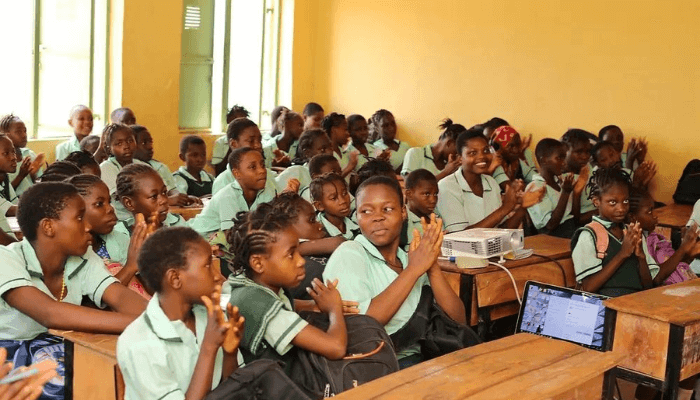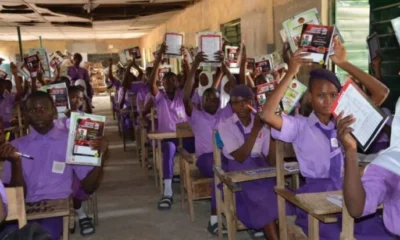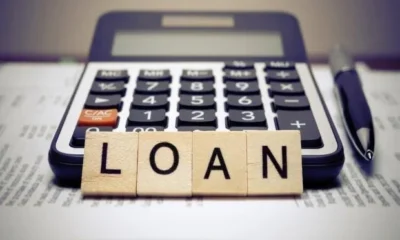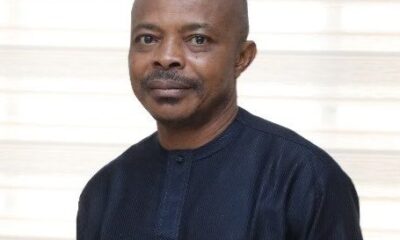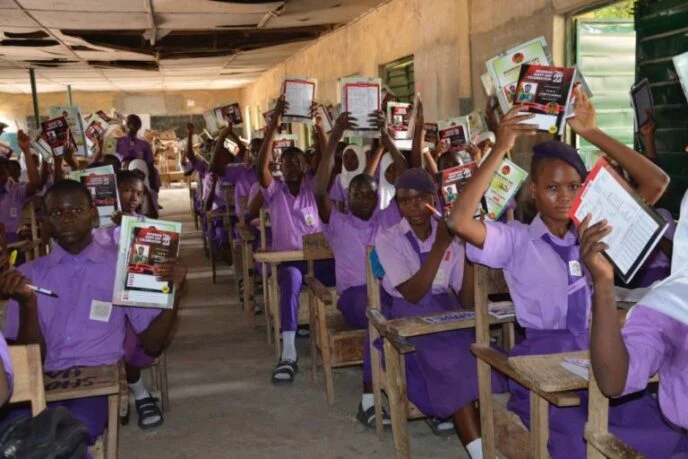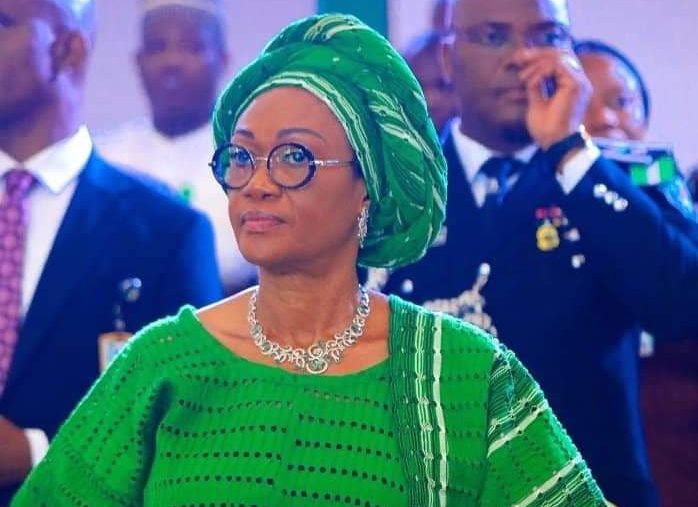BIG STORY
Governors Agree To Allocate 15% Of Annual Budget To Education
-

 BIG STORY16 hours ago
BIG STORY16 hours agoPresident Tinubu Speaks On $1trn Economy, Youth Confab, Taming Inflation In New Year Message [READ FULL TEXT]
-

 BIG STORY2 days ago
BIG STORY2 days agoJUST IN: Warri Refinery Has Resumed Operations — NNPCL
-

 BIG STORY4 days ago
BIG STORY4 days agoAare Adetola Emmanuelking Shines Bright As The Remo Day “Man Of Steeze” [PHOTOS]
-

 BIG STORY3 days ago
BIG STORY3 days agoLagos Heads To Supreme Court Over Judgment Nullifying Femi Olaleye’s Rape Conviction
-

 BIG STORY16 hours ago
BIG STORY16 hours agoYouth Confab To Begin In First Quarter Of 2025 — President Tinubu
-

 BIG STORY3 days ago
BIG STORY3 days agoTroops Destroy ’20 Illegal Refineries, Recover 90,000 Litres Of Stolen Crude’ In Niger Delta
-

 BIG STORY3 days ago
BIG STORY3 days agoCustoms To Auction Seized Petrol At N400 Per Litre [PHOTOS]
-
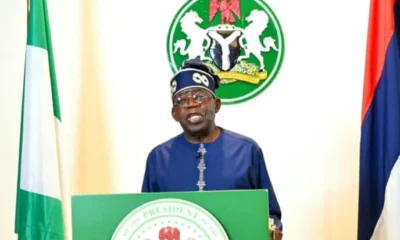
 BIG STORY13 hours ago
BIG STORY13 hours agoYour Sacrifices Of Past 19 Months Won’t Be In Vain — President Tinubu To Nigerians





